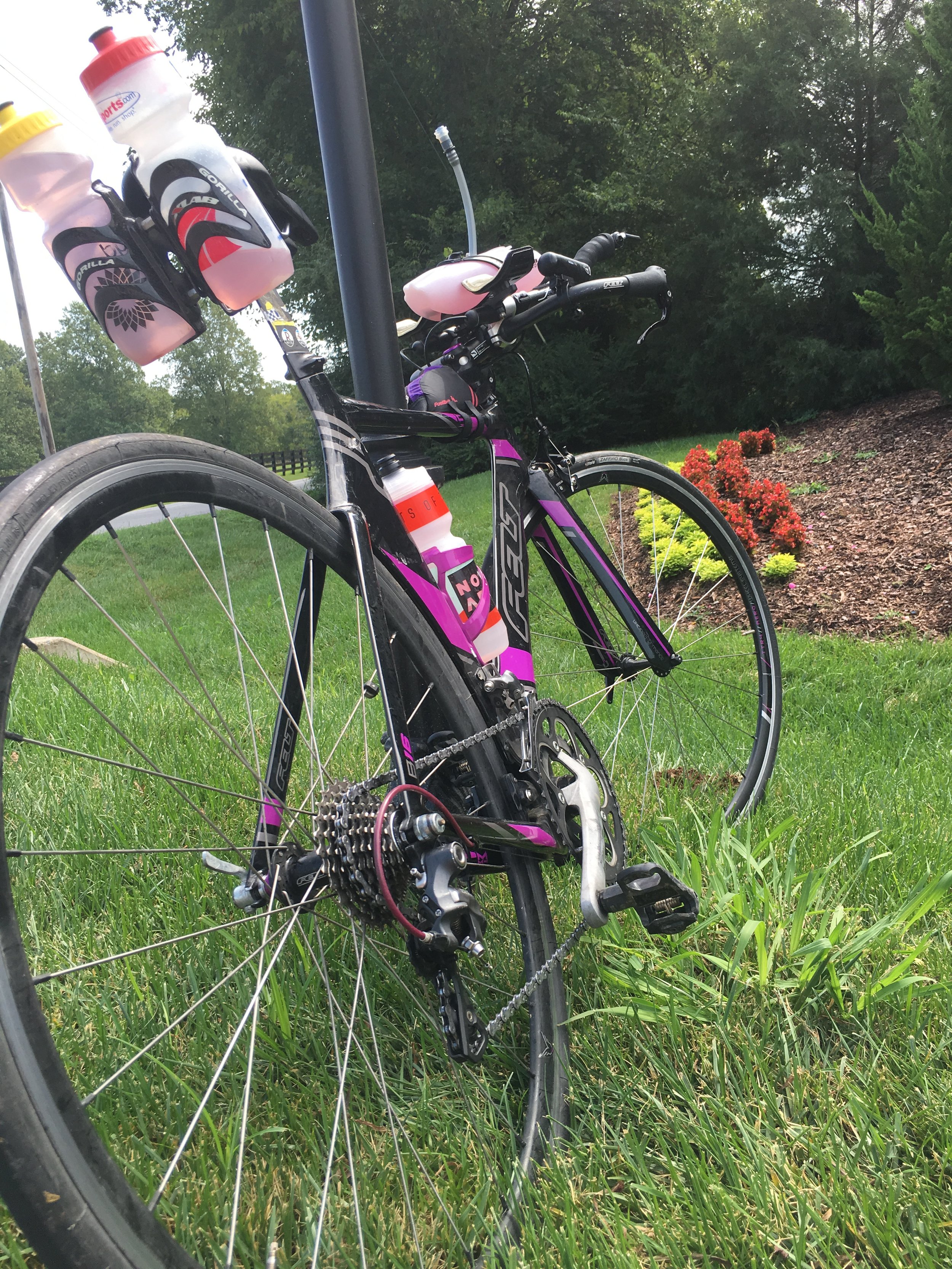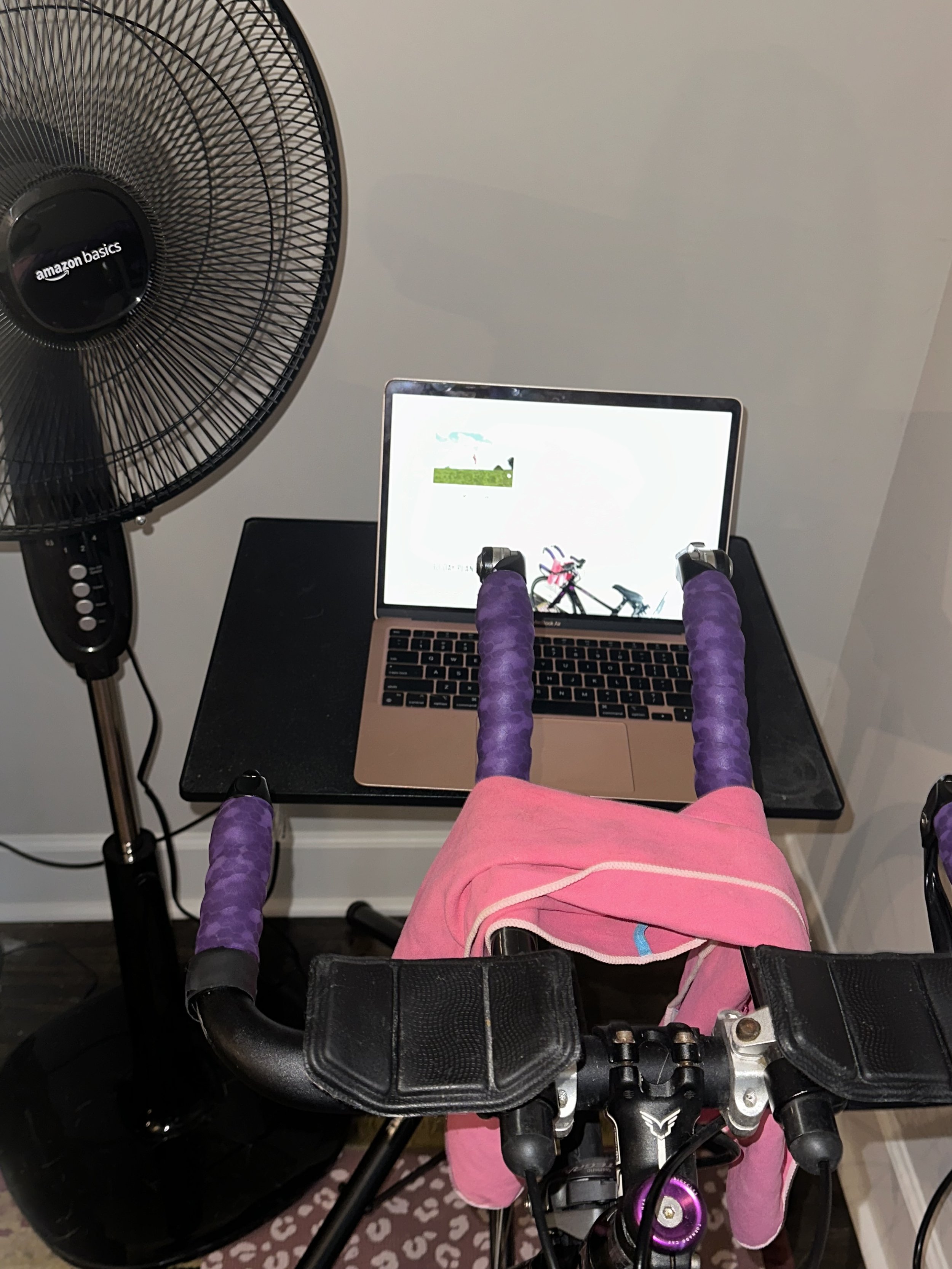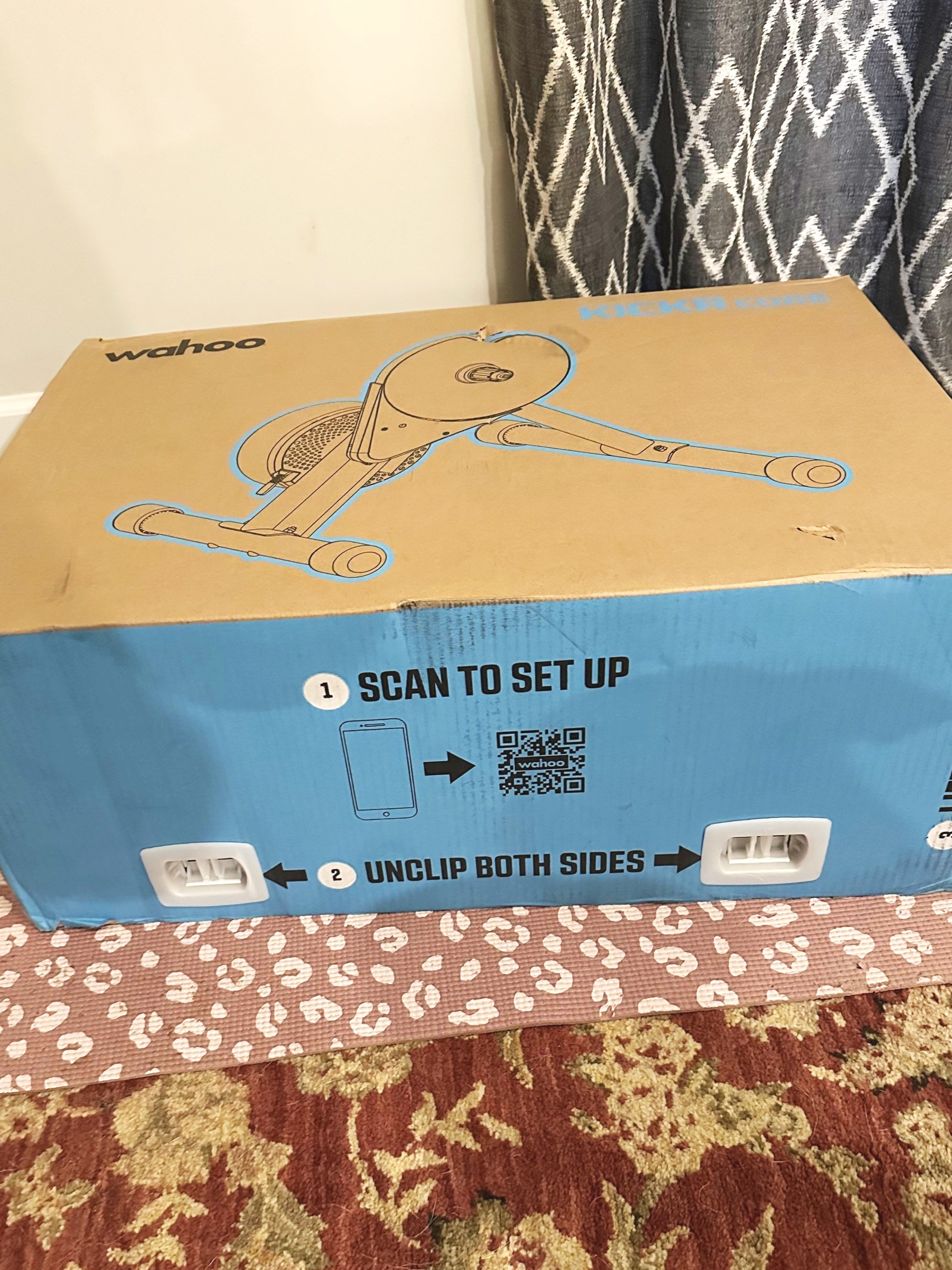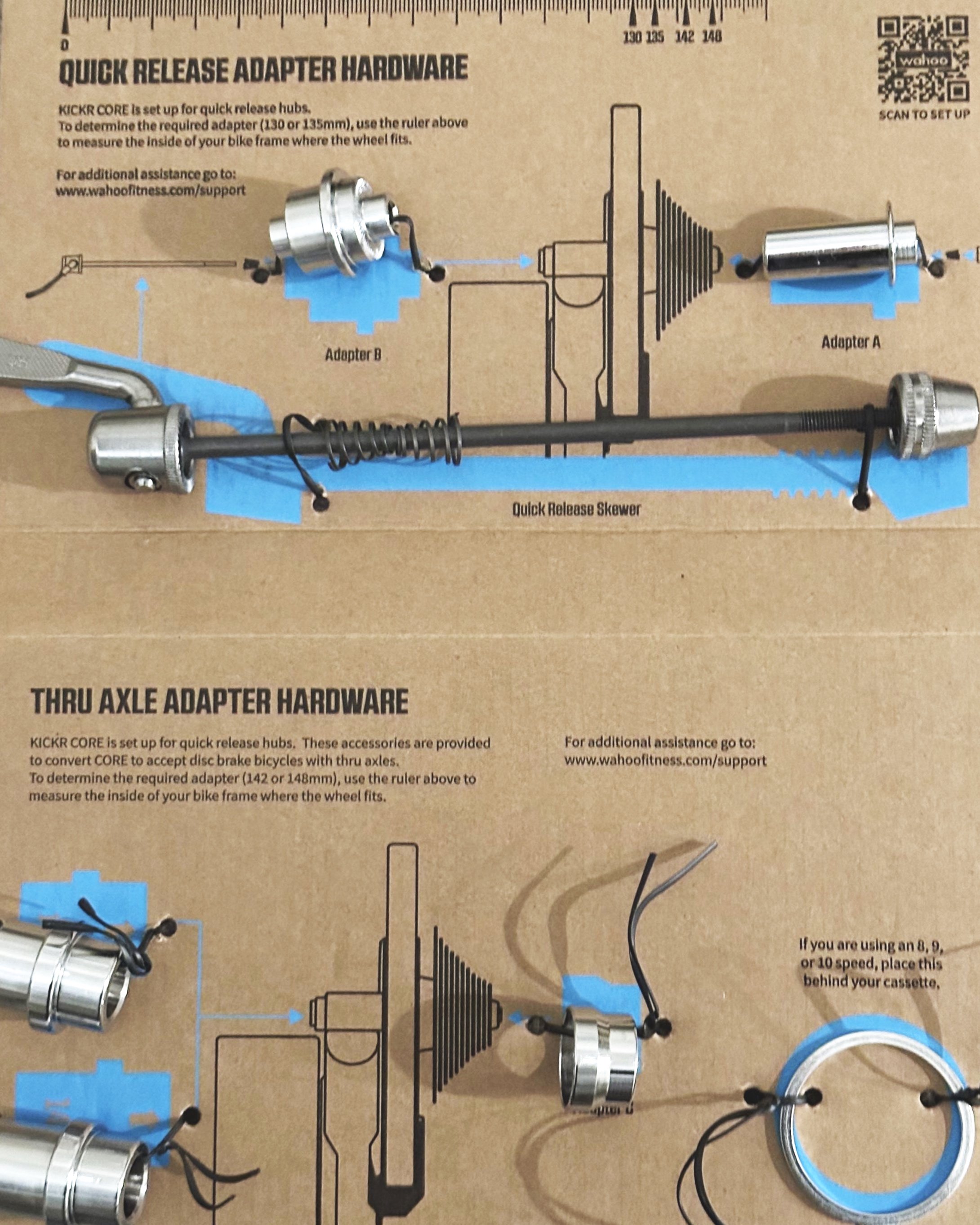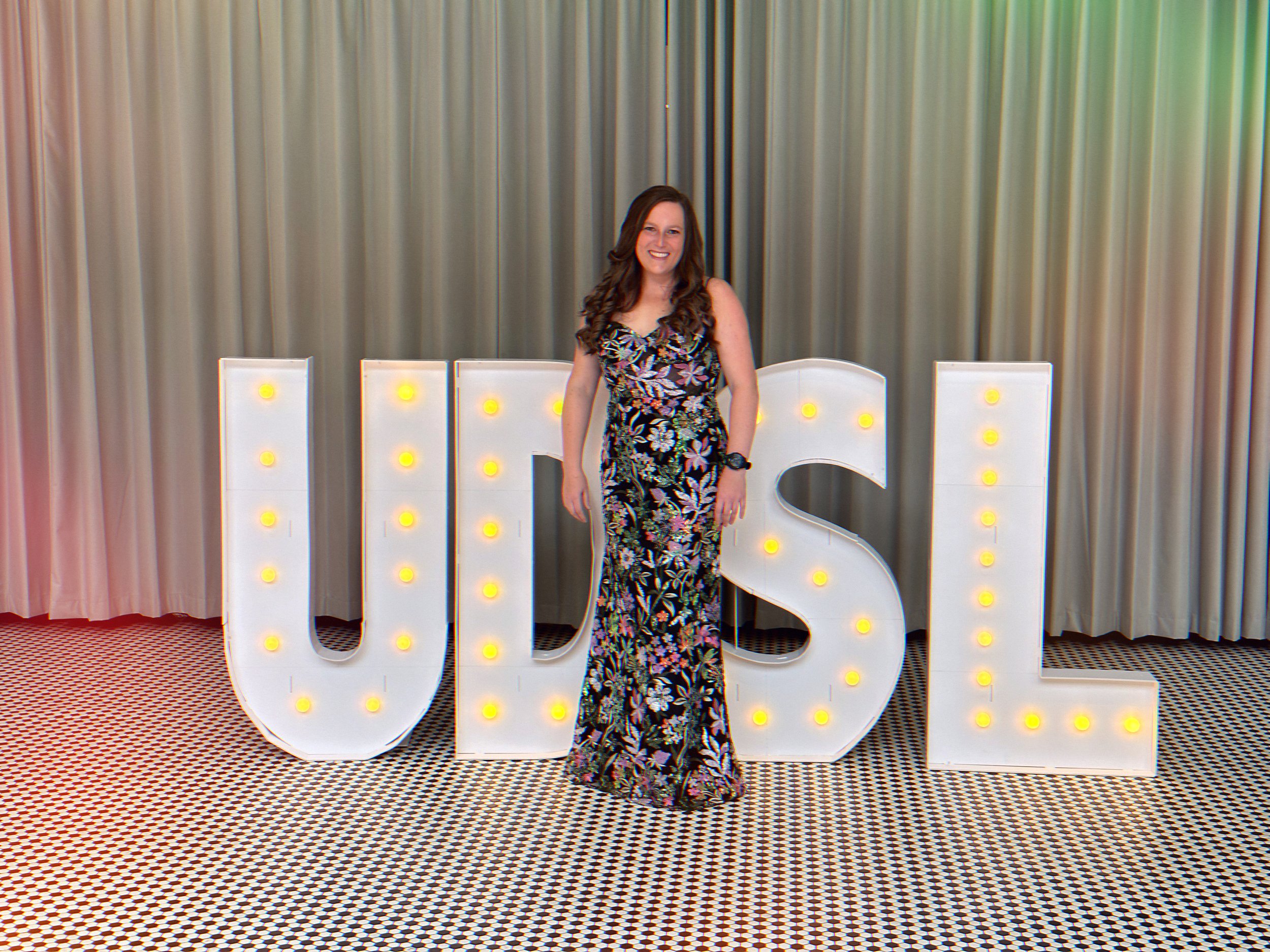In over ten years, I have made numerous mistakes when it comes to training and racing, and I wish I could move on and never make another mistake, but I know I will, because sport evolves, and I am not an expert. As I have been working on regaining my fitness, one of my priorities has been to avoid making the same mistakes I have made in the past, so to do so, I thought it would be helpful to walk through those mistakes.
Depending on my Swimming Background
I swam competitively from the time I was seven. I was never an elite swimmer, but more what I would call good enough to be a triathlete. The problem is, I always heard about how much endurance swimmers had, and it made it seem as if other sports should come naturally. The reality is, they did not. While swimming is a whole-body workout, it is not a weight bearing activity, and it did not transition well to cycling and running for me. Since I am starting over right now, it is easy not to depend on this, but it is something I see a lot. I saw a video yesterday where someone signed up for a 70.3 with 11 weeks (about 2 and a half months) to train with only a running background, and I regularly see people like me with background in only one sport. There is nothing wrong with this, but it is important to work to be well rounded. Everyone will always have the sports where they excel, but it will be a miserable race if you are good at one and then miserable on the other two.Under fueling
There are two types of under fueling I have committed. Under fueling in races, and under fueling in general.
Starting with races. It took me a long time to learn proper fueling in a race. When I first started training, I used low calorie purple Gatorade as my drink of choice; I drank water at run aid stations; and I never used gels. I never had a major issue during a race, thankfully, but post-race I ended up extremely nauseous on multiple occasions. I even, after going a couple of years with property fueling, had a race where I did not fuel correctly, and I was right back there feeling awful. I have learned fueling properly is not just about performance, but it is also about feeling good.
Now, in general, under fueling impacts a lot more than performance. In college, I lost about thirty pounds. I had never lost weight before. I was getting attention, and I was so focused on the scale that I did not care that I had no energy. Eventually the unhealthy habits I had at the time caused a rebound, and now I have had to re-learn my relationship with food, and I have gotten to a point where my activity is no longer tied to physical appearance, so I can avoid under fueling. It means when trying to shed some body fat it may take longer, but it also means I feel good in my workouts, and I will not have that same rebound again.Under Training
The correct amount of training is relative to where you are in your training cycle, your experience, and the aount of time you have available to train. Again, I depended on swimming for my fitness. I got into riding regularly, but it took me a long time to run regularly. Once I did, it is amazing the progress I made. Finding the right amount of training does depend on a lot of factors. Right now, riding four times a week for an hour plus would be too much for me. I have not been riding regularly, so three times a week, building up from thirty minutes per ride at the beginning to now two forty-minute rides and one hour plus ride has helped me to build some strength back. If I were in the middle of training for a half, I would need to train more, which is why under training is relative.Over Training
For me, this previously went hand in hand with the under fueling in general, but it also can pop up at other times. When trying to come back into the sport after the time off and not training I have had over the last few years, I sometimes want to go from 0 to 100 fast. It ends up being too fast. I will have five days of great workouts, and then I will be exhausted, hungry, irritable, and am not motivated to leave my couch.Not Inflating my Tires
I work at a bike shop, and one of my go-to questions when someone buys their first road bike is whether they have a good bike pump. I did not know when I first started riding that you need to pump up your tires before every ride. I grew up riding mountain bikes from big box stores. There is nothing wrong with it, but it meant we did not have a pump with a gauge, and I just pumped up my tires enough that they were firm. When I first got a real bike, I did my first race with what were low tires.Not Getting my Bike Tuned-up
This one kind of surprised me. I would have thought a bike did not need that much maintenance when I started riding. It worked, and the issues it had I never noticed, because I was riding all the time, so it was gradual. If you do not get regular maintenance, any issues can become worse and require additional repairs. The best example is a chain. Generally, I recommend one cassette to every two chains, but because they wear together, if you let your chain gets too worn, you will need a new cassette with the first chain that gets replaced, and the cassette is generally twice the price of the chain, so regular maintenance can save some money on repairs down the line.
Some of these things are easy to fix. I am a mechanic, so I do my own repairs. I keep a pump in my garage for if I am riding my bike from home, and I have a pump in my car for if I drive somewhere to ride my bike. Other things are not as easy. I want to go from 0 to 100 with training, but I know if I do, I will be exhausted, and it may backfire. I think recognizing these issues is one of the best things I can do to prevent them.


